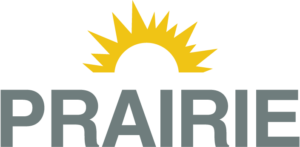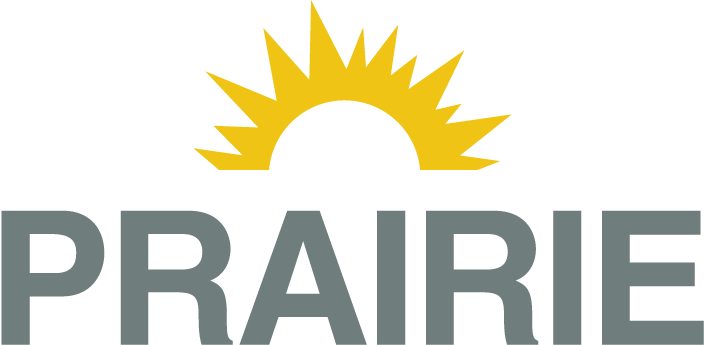You might have thought “What should I eat before and after a work out?” or even, “Should I eat before and after I work out?” The type and the timing of our nutrients we put into our bodies around our training sessions can greatly impact how we perform and recover. To be the best athlete you can be, you must focus on all aspects of what makes someone great equally; the right mindset, optimal movement, recovery methods, and nutrition. With all the dietary supplements on the market, it seems almost impossible to know which product will help most with fueling our training sessions and speed up recovery so that we can compete at our highest level. There’s a reason these are called SUPPLEMENTS and not nutrients. Whole food options by far benefit our bodies more than supplements can. Food that we eat is made up of both micronutrients (vitamins and minerals) and macronutrients (fats, carbs, and proteins). We’re just going to narrow in on macronutrients. Eating some food is better than having nothing, but if you break down what types and amounts of nutrients it can get a little confusing. There are specific recommendations as far as amounts of each macronutrient to have for each time based on activity type and bodyweight but it can overcomplicate things if you don’t count calories.
Pre-workout
What you eat before a workout is crucial for fueling and maximizing your performance throughout. As a general rule, it’s best not to eat immediately before a workout because while your muscles are trying to use the food for activity, your stomach is trying to digest it at the same time. These competing demands are a challenge for optimal performance. And, even more of a factor, eating too close to a workout may cause you to experience some GI discomfort while you train or play. In the 1-3 hours before your workout, you’ll want to eat something that helps you:
• Sustain energy
• Boost performance
• Hydrate
• Preserve muscle
• Speed up recovery
Carbohydrates are the body’s primary source of energy out of all macronutrients, therefore it’s one of the most important to take in surrounding the workout. Carbs can be broken down into 2 basic categories, simple and complex, each of which has different digestive properties. Simple carbohydrates are sugars. All simple carbohydrates are made of just one or two sugar molecules, they’re very rapidly digested and are the quickest source of energy. Complex carbohydrates may be referred to as dietary starch and are made of longer chains of sugar. They are often rich in fiber, thus satisfying and health promoting. Complex carbohydrates are commonly found in whole plant foods and, therefore, are also often high in vitamins and minerals. There’s an optimal time to ingest each of these. Eating carbs spares our muscle and liver glycogen which is basically our body’s stored energy. Once the sugars are used up from a meal then our body turns to our glycogen stores. After this is depleted, our energy levels and performance significantly decrease which makes it hard to compete at a high intensity. The pre-workout meal should also be sufficient in protein which can reduce signs of muscle damage or at least prevent them from getting worse. The less damage to your muscles, the faster you recover, and the better you adapt to your exercise over the long term. As for fats, they don’t appear to improve nor diminish sport performance and they don’t seem to really fuel performance, that’s what carbs are for. They do however provide some vitamins and minerals, which are important in everyone’s diet. Some simple and healthy examples of snacks to have are a peanut butter and banana or PBJ sandwich, greek yogurt with berries, oatmeal with low-fat milk and fruit, apple and peanut or almond butter, or a handful of nuts and raisins.
Post Workout
What you eat after your workout is crucial for optimizing the recovery process (which basically begins as soon as your workout ends) and ensuring that your body has all of the nutrients it needs in order to recover, adapt and improve the way you want it to. Specifically, the goal of the post workout meal is to accomplish:
• Replenish muscle glycogen that was depleted during your workout
• Reduce muscle protein breakdown caused by exercise
• Increase muscle protein synthesis (can cause muscle growth)
• Greatly enhance overall recovery
Ideally, the first meal to have after you get done working out (the sooner the better), should be rich in carbs and protein and low in fat. Fats slow down digestion so should be limited in this meal because the goal is to break down and use the nutrients from the food as quickly as possible. Some good options for easy post workout nutrition include low-fat chocolate milk, a turkey sandwich made with whole grain bread with veggies, or low-fat yogurt with berries. These offer mainly carbs, some protein and are a convenient choice.
Key Points
• Your body needs carbs to fuel your working muscles
• Protein is there to help build and repair
• Get a combination of the protein and carbs in your body 1 to 3 hours pre-workout and as soon as possible post-workout
• Never try anything new on race or game day, it’s always best to experiment during training to learn what works best for your body
• Don’t forget to hydrate!


